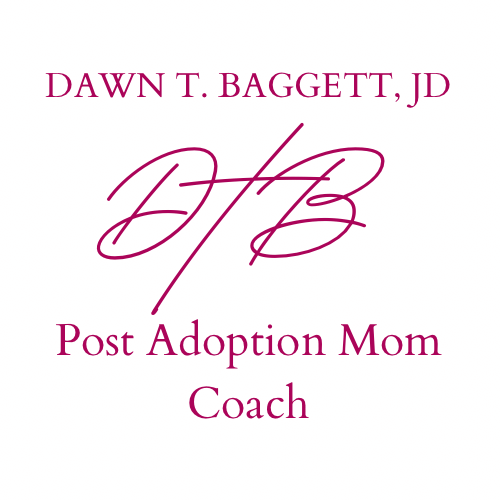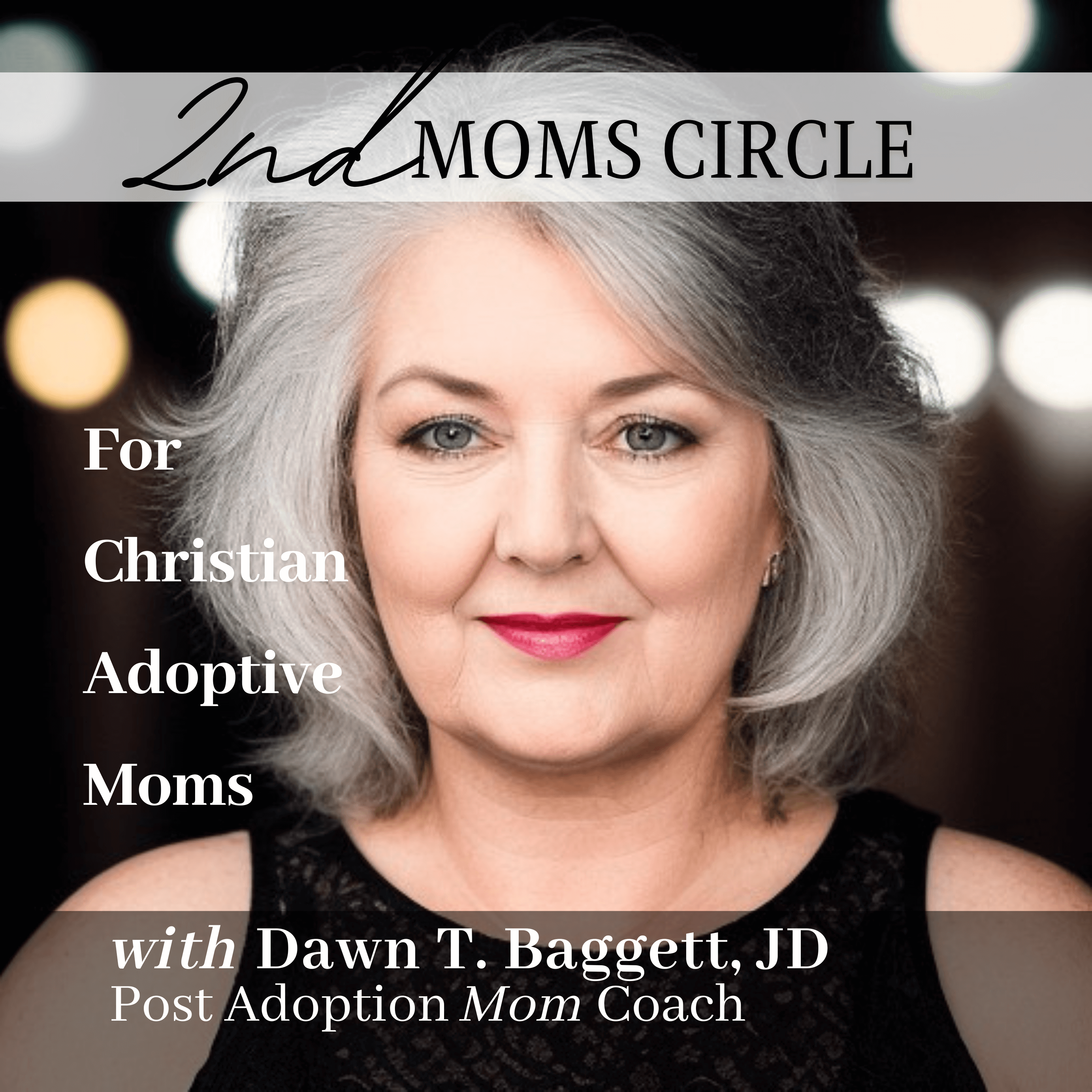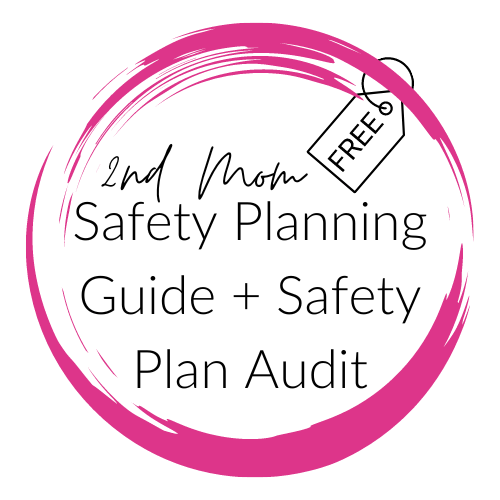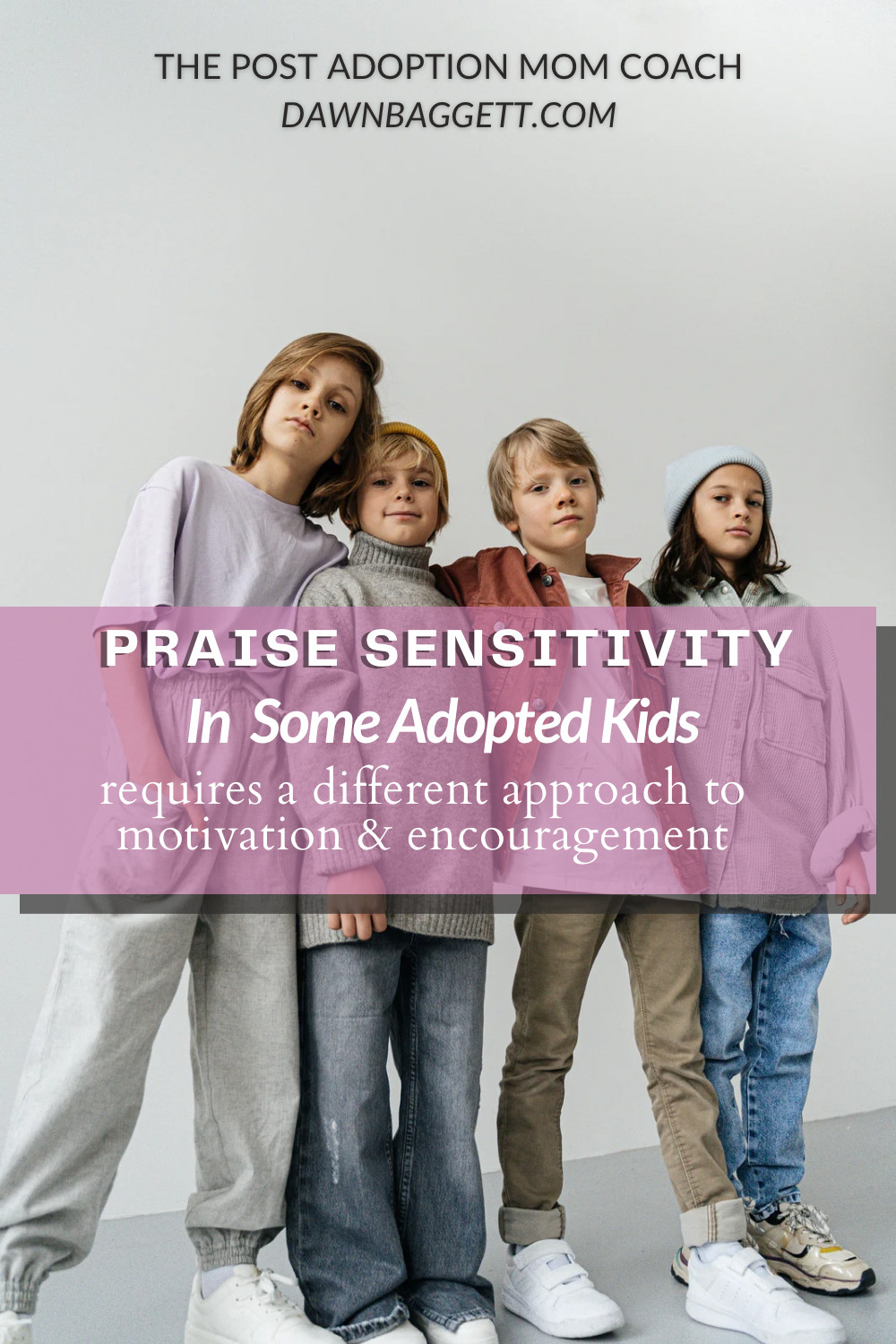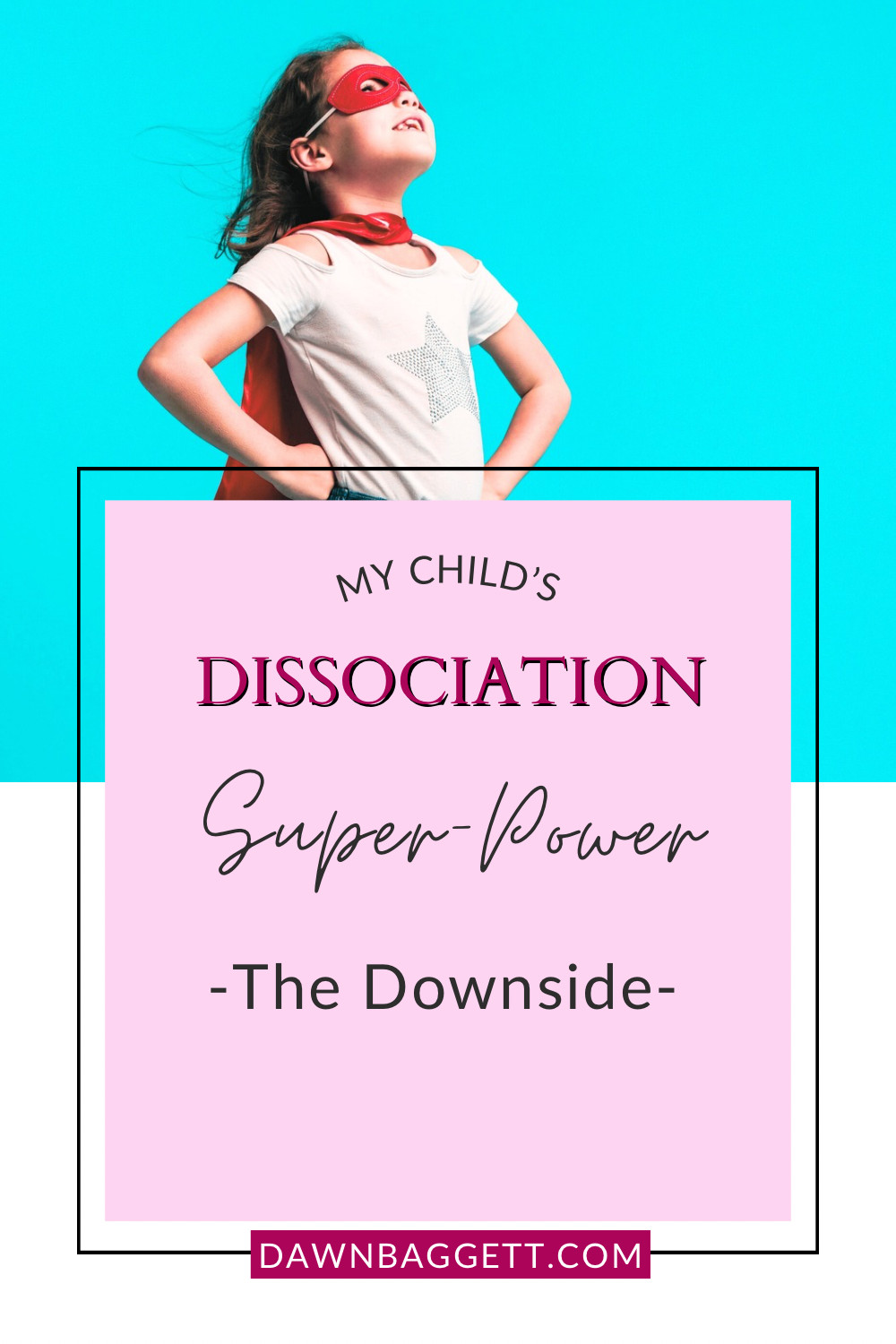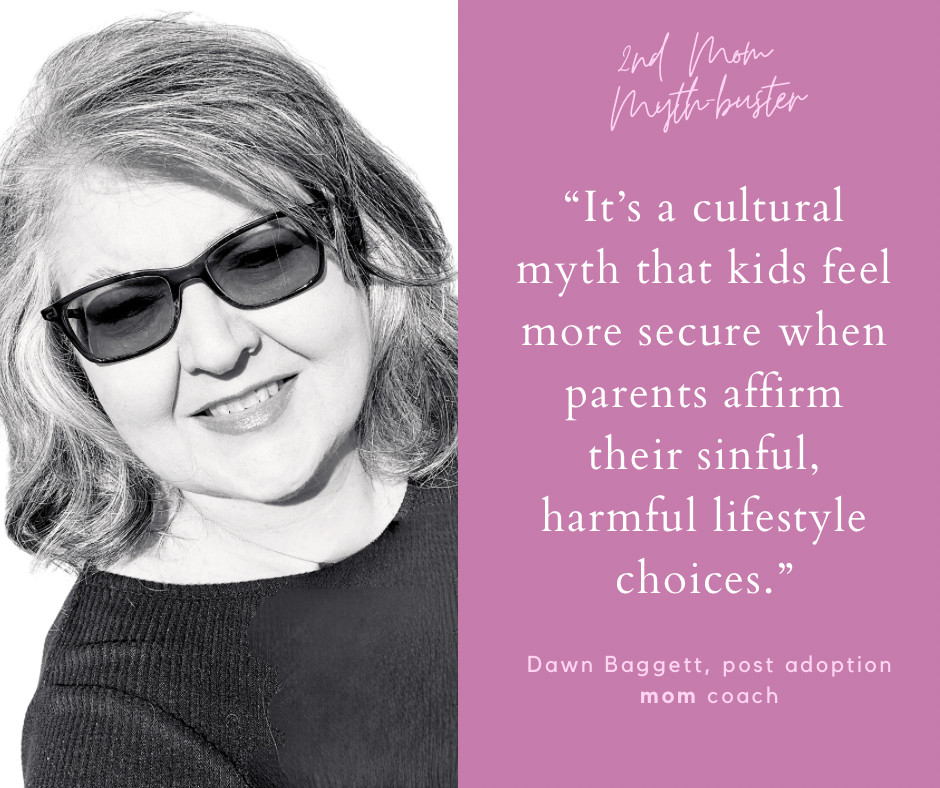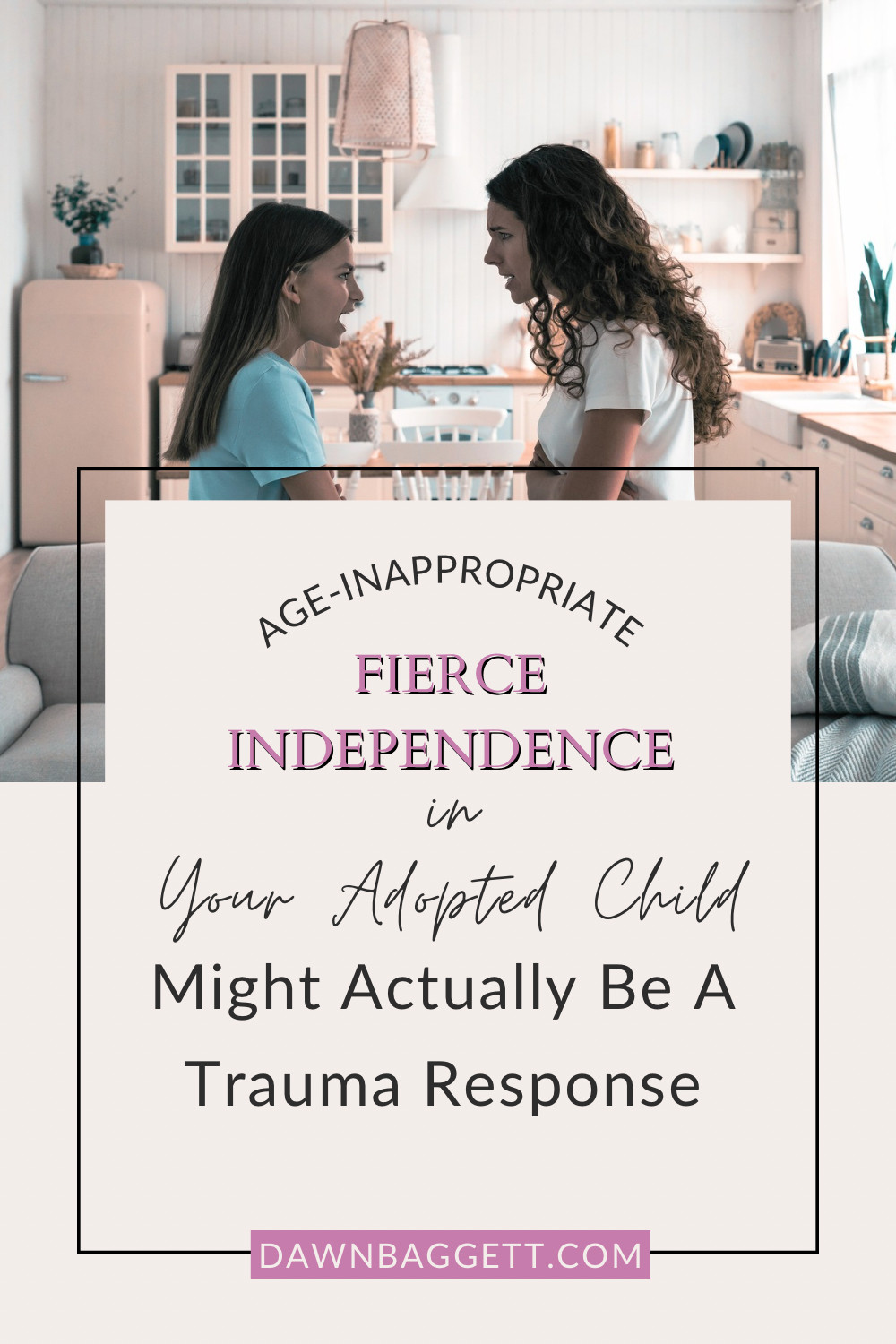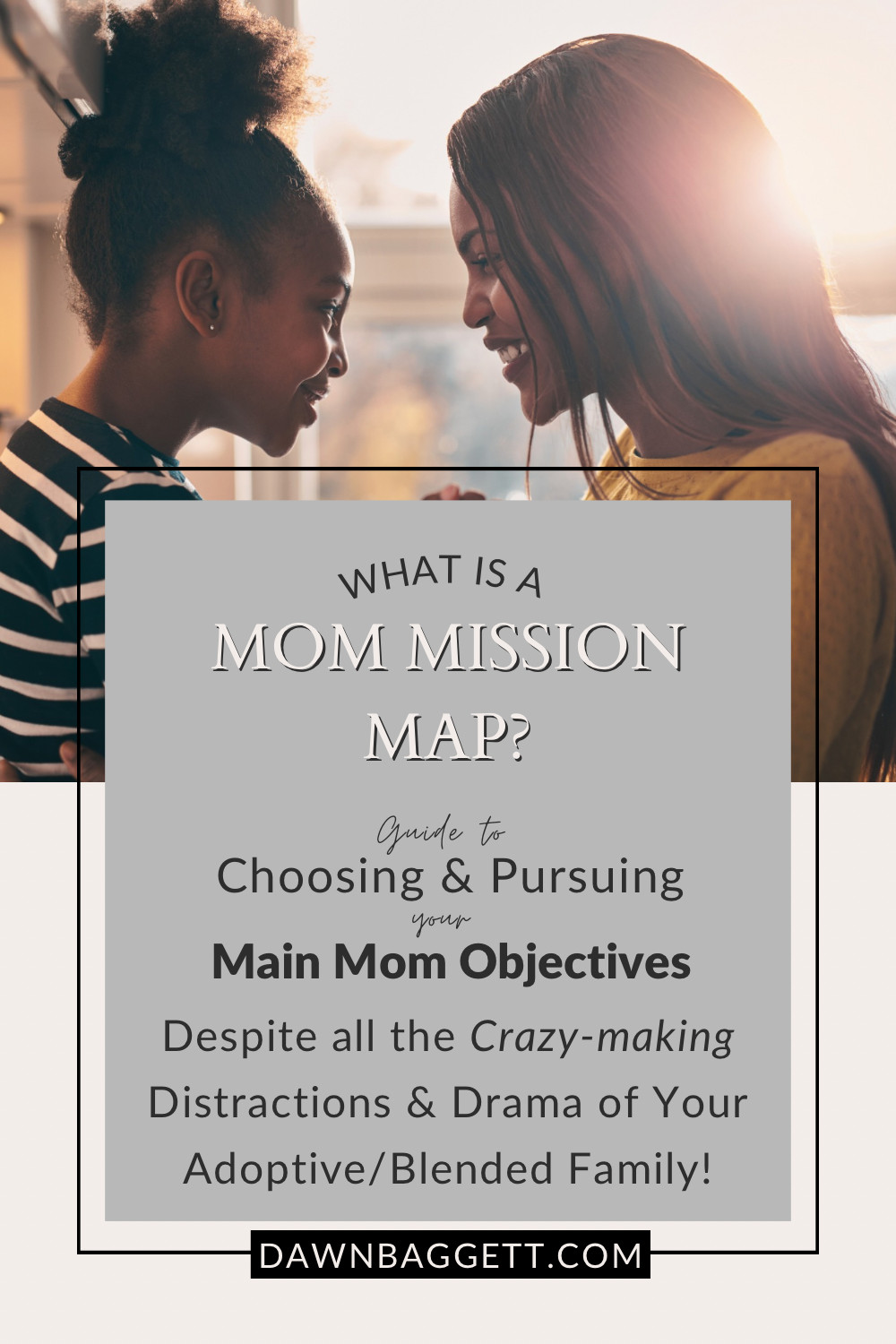
“BECAUSE I CANNN…!!”
I vividly remember those words coming from my teenage daughter as I questioned her about her motivation for something she had done.
Not the words of someone who is open to a reflective dialog or reasoned conversation.
And that was that.
It took me a while longer to get out of the trees that kept me from viewing the forest which in this case was a power struggle within a larger war for control that was being waged against me. A war that I hadn’t even signed up for. Perhaps you’re fighting in your own power war at home, or trying to stay out of one.
I can help you.
On today’s episode I am making a bold claim that you can all but eliminate power struggles in your post-adoptive household when you shift from parent-imposed consequences to personal boundaries!
Power Struggles in Post-Adoptive Families
Power struggles within families are nothing new, they can almost seem like the baseline standard in some post-adoptive families rather than an occasional episode that is outside everyone’s comfort zone.
So how do you keep power struggles from becoming a way of life in your post adoptive family?
And how does a power struggle differ from other types of conflicts and differences of opinion?
Well, power struggles are like a game of tug-of-war where both sides are pulling on the rope neither side willing to let go and let the other side win. Power struggles, always have winners and losers.
And it’s our job as parents to avoid that type of conflict in the first place so that, we can position ourselves on the same side of the rope and never an opposing side or end of the rope than our child.
Complicating Factors
This can be easier said than done. Complicating factors might include:
- Your child/teen actively resists the idea that you’re on his/her side
- Others like their their siblings & friends are affected
- Professionals (ex: therapists, teachers) undermine your role as parent
- Your husband actively “takes their side” or passively refuses to join you in working through the issue in a unified way
You might think that, as long as you, the parent, resists positioning yourself and your child in a power struggle that your child would happily & naturally want to have you on their side. But this is not always the case. You may already begin to recognize that your child seems to intentionally turn things into power struggles with you and does it frequently.
I find that many parents are pulled into this Scenario of constant power struggles in our post-adoptive families.
Bewildered, you may ask — “HOW did this happen??”
I think it happens like this:
Level one - you take your parenting responsibilities seriously. And as you attempt to manage a situation it signals to one of your kids that you’re attempting to CONTROL THEM, not just manage the situation. Alarms go off in their brains that say
- this is dangerous;
- they must not allow you to have control over them;
- you are a mom and their past experiences have wired their brains to signal to this type of (mom) danger.
Level two - you’ve had a pattern of power struggles with this kid and now as a teen their hormones & an increased “invincibility factor” has given them a burst of belief in their ability to overpower you. Power struggles can quickly escalate to dangerous levels.
Level three - your house is upside down and you’ve lost any semblance of authority or control. Your teen/young adult son or daughter is calling all the shots and you always fear for your safety & the safety of others in your home. You just want them to leave (at 18 or older) but know you can’t make them.
OR they aren’t yet adult aged and you’re searching for someplace else they can live (you may be looking at things like job corps, residential treatment centers and boarding school options)
It’s important to recognize when a power struggle is forming / threatening to form, so that you can intentionally position yourself on the side of your child versus the opposing side, no matter how intently they seem to be on making you take on the role of opponent.
By doing this over and over again it can help form a new pattern where instead of the role of opponent, you establish yourself in the role of your choosing, taking your power back rather than just allowing yourself to be cast in whatever role someone else wants to cast you in. Now you determine your role (such as the caring & loving parent who is always, always for them and never against them). Maybe you have tried, that’s how you want to see yourself, you’ve told your teen that, but they continue to resist you in your chosen role. By actively choosing to avoid power struggles, you demonstrate to them (and yourself!!) that you’ve made the choice not to be their opponent, and that they cannot change it.
This is something YOU control.
It can be very counterintuitive when you don’t understand the underlying dynamics, especially when it comes to severe attachment challenges, attachment disorders… we know that attachment and trauma are related so a lot of this can be due to past traumas and triggers that stem from a time in your child’s life before you were even a part of their lives. A lot of brain rewiring can be needed. This is one of the ways that you can take the power and the influence that has been given to you as mom and use it to help your child, your family & importantly, yourself.
If you realize you’re already in this persistent power struggle situation, what can you do about not only preventing power struggles but getting out of the ones that are already going on and have already taken root inside your family dynamics?
I don’t pretend to have a magic wand. And your chosen role may be rejected by your child and continue to be rejected. But wherever you’ve recognized this power struggle dynamic (as I have) you have the option to let go of the proverbial rope and release the tension (at least from your side). What that looks like will differ with your situation.
Your release of the power struggle dynamic may include things like
- reframing: “Hey I know it seems like we’ve been in opposite sides of this issue but I want you to know that whatever choice you make I still love you”
- forgiveness
- stepping aside; distancing
- setting clear boundaries
- choosing faith over fear
- communicating clear choice options
- It may include strategies like delegation & diffusion so your position of authority doesn’t seem as threatening
Boundary setting vs imposing forced consequences
The concept of personal boundaries are all about what’s rightly under our control and not about controlling the other person. This prayerful & careful boundary setting helps us as we present choices and also when those choices are made. We know how we’ll respond if we give our child two choices, whichever choice he makes, because we’ve already decided.
Ex: “you have two choices: wash your hands so you can eat dinner safely with clean hands, or don’t wash your hands and I will help you stay safe by putting away your dinner. Your choice.”
In this example you aren’t reacting or controlling him. (No forced consequences, he’s free to choose) You have built in your responses so you know your next step whichever choice he makes. This preserves an element of control for your child (which our children need) without giving them control over you and without setting up a power struggle.
Neither are you trying to convince him to like or agree with you or your boundary. Can you glean the boundary from the example given?
Example Boundary: I will establish & maintain healthy eating practices when serving meals as is my responsibility as mom.
Aware - Assess - Address
You recognizing the problem is a huge, huge step, and as you step back and you assess the problem you see where your power struggles are, what the issues are on the surface, and you look beneath or behind that to see that what’s driving those power struggles is beyond surface level — you can then begin to create a strategy — a strategy to essentially drop the rope and let go of the power struggle, and then to reframe what’s happening around those issues and others where power struggles could erupt, so that you can consistently position yourself and your child, spouse, whomever, as being on the same side and holding the same end of the rope.
Personal Power Both Ways
Sometimes just as in tug-of-war, those on the other side of the rope may overpower you, because they have more people and more weight on their side of the rope they may get a person who has a lot of weight a lot of power a lot of pull to team up with pulling against you
They can’t make you pick up that rope. They can’t make you be their opponent so you take back your power; YOU have the power to position yourself. They don’t have the power to make you their opponent.
If you’re ready to put away the bulk of the power struggles in your post-adoptive family, your own awareness, assessment & personal boundary setting as I have described can be a huge start in making this happen. This is also something I can work on with you in coaching if that’s something you’d like to do.
That’s all I have for you on today’s episode and this is the end of my series on three unilateral shifts that you can make as an adoptive mom to transform destructive post-adoption patterns into more effectively protective patterns for yourself and the rest of your family. - I hope it blesses you.
And as always,
KEEP LEARNING - KEEP GROWING - KEEP LOVING
💜🩷♥️
Dawn
______________________________________________________

Post Adoption (Mom) Coach
“STANDING IN THE GAP FOR 2ND MOMS”
Dawn Baggett is a podcaster and thought leader in Christian post adoption. As a Certified LifeMapping(R) Coach, Dawn helps Christian adoptive moms navigate the challenges of their non-traditional families with their own brand of success!
DISCLAIMER: I’m a coach, not a doctor nor a therapist. As a coach I do not offer mental or medical health diagnosis, treatment or cures. Furthermore, I am no longer a practicing attorney and do not offer individual legal advice. For individual advice related to your own personal situation I recommend you seek out an appropriate professional. Coaching may fill a spot in your overall support network.
—
Copyright © 2024 Dawn T. Baggett, JD & Legacy Living, LLC - All rights reserved
—
